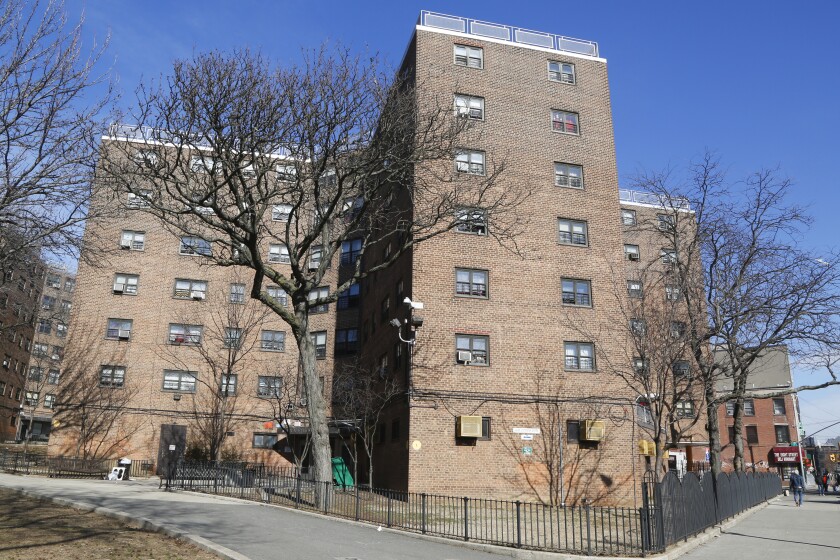The deal reached between the Democratic governor and GOP-led Legislature in a late night negotiation last week contains about $4.7 billion in spending with about $4 billion coming from federal COVID relief programs. A smaller spending bill contains about $140 million in spending to improve the state's unemployment insurance program.
The supplemental spending plan was signed into law as the governor and Legislature continue negotiations over the annual budget, which Whitmer has proposed to include about $74 billion in spending. The historic total is possible because of leftover federal COVID relief dollars and higher than expected general fund revenue.
"The bipartisan Building Michigan Together Plan includes some of the largest investments in our infrastructure in Michigan history," Whitmer said in a statement Wednesday. "With this plan, we're building on our work to improve our roads, water, and high-speed internet. I'm particularly proud of the fact that this plan makes the single largest investment in Michigan history in our state and local parks, empowering hundreds of local economies."
The plan signed Wednesday includes about $2 billion to improve drinking water and water infrastructure, $380 million for roads and bridges and $450 million allocated to state and local parks.
The supplemental spending plan also includes about $500 million for rent and mortgage assistance, $322 million in local fiscal COVID relief, $100 million to develop "middle housing" options like townhouses or duplexes and $250 million to expand broadband access.
The plan had millions set aside for "legislatively authorized projects" or much-criticized pork barrel spending.
Among the largest projects to benefit from the targeted spending were $60 million for recreational greenways in Detroit and $55 million for similar greenways in Grand Rapids; and $20 million for the Northern Michigan Tourism and Sports Fund for facilities, sports-related tourism and recreation. The spending plan also sets aside $25 million for the Wayne County Airport Authority; $10 million to build the Detroit New Center Intermodal Facility; $2 million to the Capital Region Airport Authority in Lansing; and $500,000 for the Michigan International Technology Center.
Parallel to the annual budget negotiations, Whitmer and the Legislature are also debating the best way to return some surplus dollars through tax relief programs.
Whitmer included in her $74 billion annual budget a plan to repeal retirement taxes for some seniors and boost the Earned Income Tax Credit for low-income earners.
The governor vetoed a plan from the GOP-led Legislature that would have delivered about $2.5 billion annually in tax relief through decreases to the individual income tax rate, increases to tax exemptions for seniors and the creation of a $500 child tax credit. Whitmer said the plan was unsustainable.
As gas prices spiked in recent weeks, the governor and Legislature also debated the best way to save individuals money at the pump. The governor requested the federal government suspend its 18-cent per gallon tax and voiced support for a plan that would suspend Michigan's 6 percent sales tax on fuel.
The GOP-led Legislature instead passed a bill that would suspend for six months the state's 27-cents-per-gallon fuel tax and hoped to pair that savings with a potential suspension of the federal fuel tax.
(c)2022 The Detroit News. Distributed by Tribune Content Agency, LLC.










